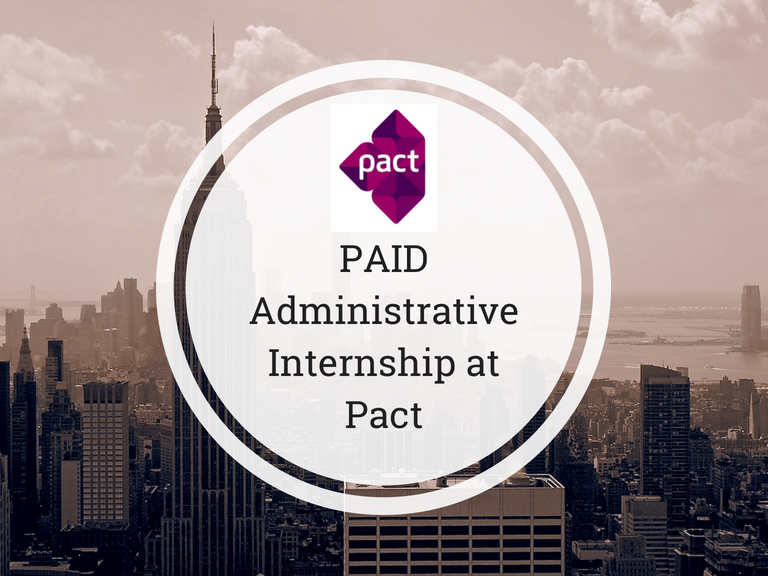

Research shows that more than 80% of all Big Four accounting firms have employees with internship experience, and the trend extends to tech companies like Facebook, Google, and IBM. The catch-22 here is that employers look for this work experience when they’re hiring for entry-level positions. Even as I critique unpaid internships and their many consequences, I know that there was a time when I, myself, perpetuated these inequities in the labor market. Being able to build a resume even before graduating from college was a direct result of these socio-economic privileges - and I think it’s important to acknowledge that. My social circle opened doors and gave me access to competitive roles. I didn’t have to worry about rent, groceries, or other basic expenditures. I was living with my parents, both of whom were working at the time. I went to college in the same city that I grew up in. I always knew that I could afford certain choices in my life. The more we discussed, the more I realized just how unethical and exploitative these “opportunities” can be - and worse, just how big a role class, caste, and economic privilege play in who can and cannot afford to take them. Yet another shared that she was tasked with writing blog posts for $0 - a barter the organization justified by giving her an actual byline for her work. Another revealed that she was expected to stay up late and file stories every day for free. A friend told me that she was asked to submit a $15 fee to apply to an unpaid internship at a human rights organization. It wasn’t until my final year of college that my attitude changed.

By the end of each gig, I was more broke (and tired) than when I had started.įor a long time, I thought that’s just how the whole internship thing worked - you traded your time and cash to meet college credits, build up your resume, experiment with different industries, and learn more about what you wanted to do after graduation. On the contrary, I spent whatever money I did make on long commutes to and from the office or traveling to various locations for reported stories. While they helped me discover my passion for the news industry, they didn’t come close to covering my bills. Then there were the (mostly unpaid) summer internships with reputable media organizations that I really looked forward to. Some of these were ghostwriting internships that paid less than 10 cents per word. I applied to every opportunity that looked mildly interesting and was constantly juggling my work and my studies.

#Paid internships serial
In college, I was what you might call a serial intern. Micro-internships can help students explore opportunities beyond their college major and learn highly generalized transferable skills.Micro-internships are short-term, paid projects for college students. Unlike summer internships, they are available throughout the year.There is a better, more equitable solution to unpaid internships: micro-internships.So, an unpaid internship is as good (or bad) for your career as not doing an internship at all. The survey also revealed that unpaid interns get the same number of job offers as those without an internship.A survey conducted by NACE found that paid internships disproportionately go to white, male students with parents who have a college degree. Unpaid internships deepen the existing social divide.Not paying an intern for their work, time, and effort is not just unfair, it’s unethical and exploitative. While internships have high value in the job market, research shows that 43% of internships by for-profit companies are unpaid.


 0 kommentar(er)
0 kommentar(er)
